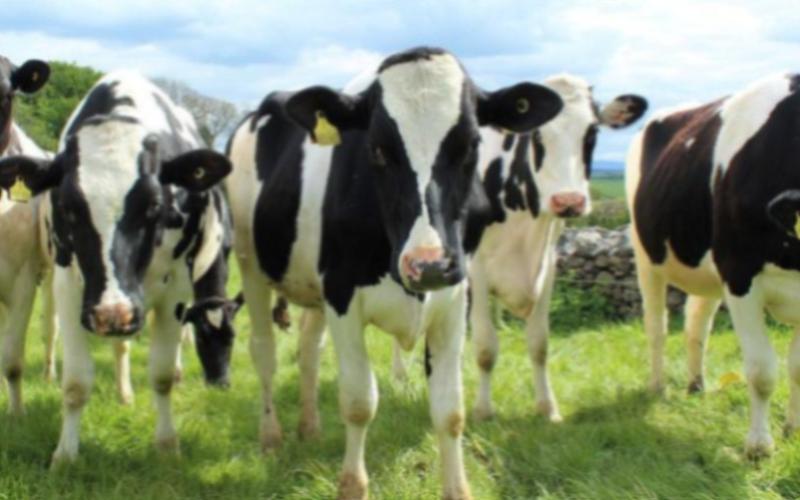Tracing the Spread of HPAI in US Dairy Cattle

The spread of highly pathogenic avian influenza (HPAI) in U.S. dairy cattle can be traced back to a single spillover event from a wild bird, as researchers report. This raises concerns about growing pandemic risks as the virus evolves and leaps between species. HPAI viruses pose serious threats to animal health, agriculture, and potentially human health due to their ability to cross species barriers. A specific strain, H5N1 clade 2.3.4.4b, has spread globally, infecting wild birds, poultry, and mammals – including a small number of humans – demonstrating its pandemic potential.
In a noteworthy expansion, this strain was detected in 2024 in dairy cattle across multiple U.S. states, an unusual incursion into a previously uncommon host. Thao-Quyen Nguyen and colleagues investigated how this H5N1 strain evolved and spread after its arrival in North America in late 2021. Nguyen et al. analyzed genetic data from over 100 virus variants that emerged through mixing with local, low-pathogenicity bird flu strains. This data, combined with newly sequenced genomes and outbreak information from infected U.S. dairy cattle, revealed that the outbreak originated from a single spillover from an avian source – likely in mid-to-late 2023 in Texas – followed by undetected cow-to-cow transmission over several months.
Infected or presymptomatic dairy cattle movement facilitated the rapid spread from Texas to states like North Carolina, Idaho, Michigan, Ohio, Kansas, and South Dakota. The avian influenza virus persisted and spread from cattle to other species, including poultry, raccoons, cats, and wild birds such as grackles, blackbirds, and pigeons. Genetic analysis disclosed mutations related to mammalian adaptation, some already fixed in the viral population. Nguyen et al. emphasize that "[influenza A virus] is a transboundary pathogen that requires coordination across regulatory agencies and between animal and public health organizations to improve host health and reduce pandemic risk."









